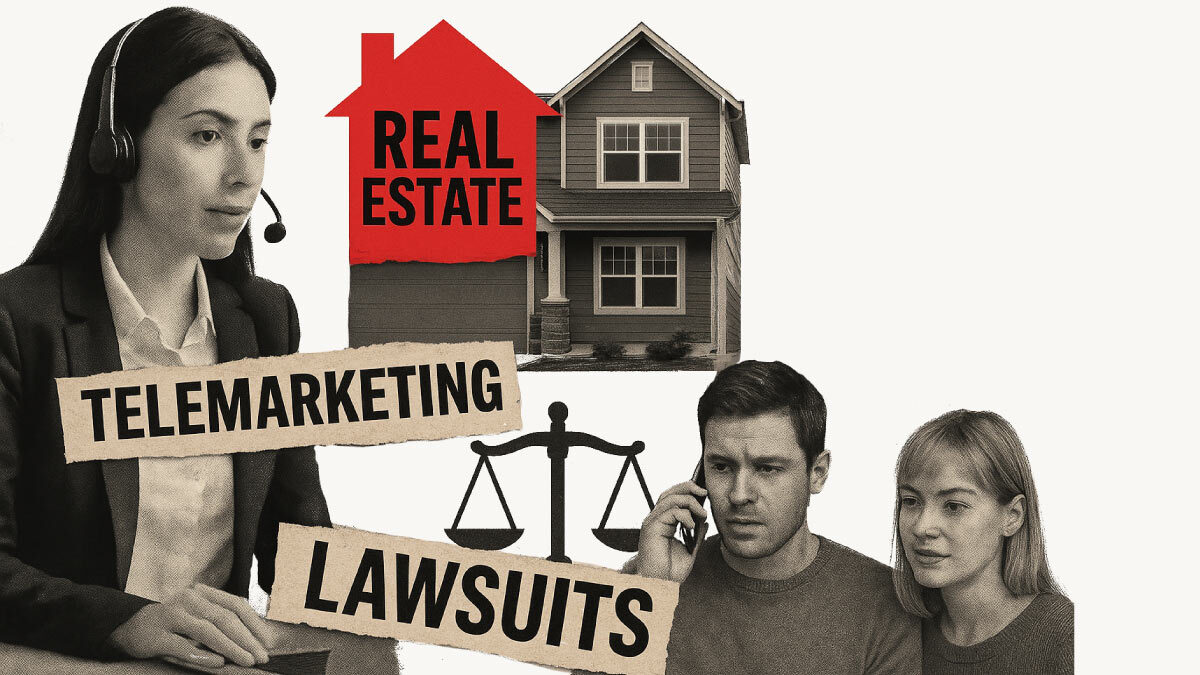A
s class-action lawsuits against major real estate brokerages for alleged telemarketing violations continue to mount, firms of all sizes are under increasing pressure to strengthen their compliance practices. According to attorney Michele Shuster, staying within the bounds of federal and state telemarketing laws is crucial in today's regulatory climate.
Shuster notes that recent litigation involving Compass and Keller Williams highlights the importance of complying with Do Not Call (DNC) regulations. "In both cases, it was really the do not call laws that they ran into problems with," she said. "If they had scrubbed against the Do Not Call list or obtained consent, they wouldn't have run into these issues."
The Telephone Consumer Protection Act (TCPA) has also undergone changes, including a one-to-one consent rule that requires written consent prior to sending robocalls or texts. Under this rule, consumers must provide clear and conspicuous disclosure of their consent, which must be logically related to the website where they gave consent.
Shuster emphasizes a key distinction between calls that involve a bona fide offer to purchase a home versus calls that promote an agent's services. "There's a difference between making an offer to purchase and offering listing services or marketing support," she said. "If you're just making an offer, it's not a telemarketing call. But if you're offering services, that's where the rules change."
To comply with telemarketing regulations, Shuster recommends obtaining prior express written consent, particularly when using autodialers or prerecorded messages to contact consumers on the National DNC Registry. This requires including specific language in the consent form and having the consumer sign it.
However, collecting leads over the phone can be challenging due to the requirement for a written signature. Shuster notes that consent is only valid if the lead identifies the specific company that will be contacting the consumer.
While large brokerages face complex liability, smaller operators are also at risk due to lack of awareness or inadequate compliance processes. Shuster recommends keeping detailed and long-term records of consent logs and retention, including electronic records and screen captures.
Ultimately, Shuster advises industry stakeholders to reach out to a compliance attorney who understands telemarketing laws to ensure they are meeting regulatory requirements.















